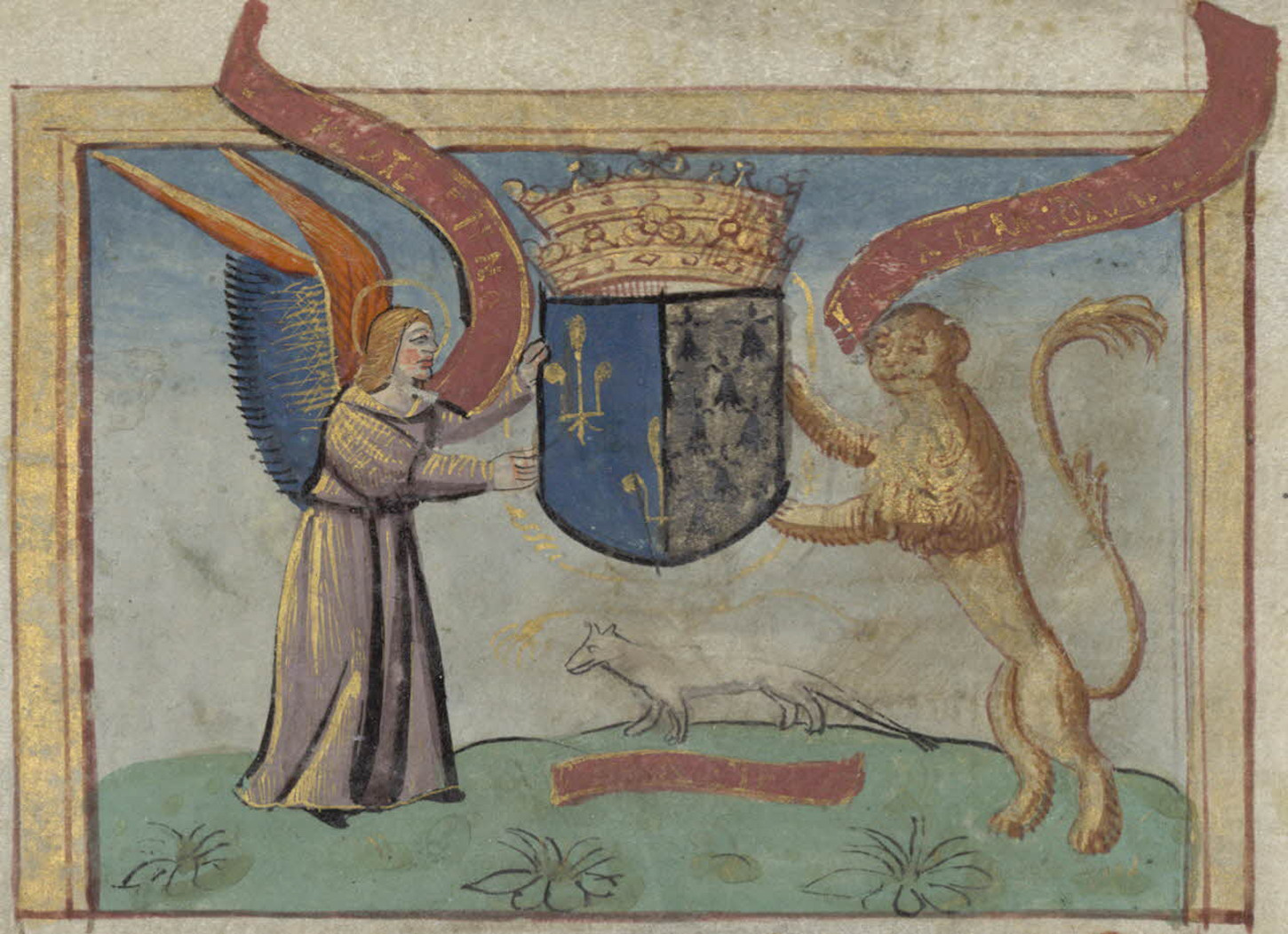Regarding female monarchs, it is essential to distinguish between the influential power that a queen could hold in a Christian monarchy, the sovereign authority that Anne of Brittany had over her Duchy (from 1488 to 1491 and from 1498 to 1513), and the more prominent role of power within social relations. Let us start with the latter. From the age of eleven, from December 1488 to February 1489, the child duchess successfully rejected the great lord that her guardian, whom her father had chosen, wished to impose as her husband. Although she benefited from advice and support from those faithful to her, she also had to face symbolic violence and display will and firmness that could only have impressed her contemporaries. The queen's role at the end of the Middle Ages was to be the king's confidante and advocate for his subjects. Under Charles VIII, Anne became increasingly influential. Upon the latter's death, she proclaimed her sovereignty over the Duchy of Brittany. She subsequently agreed to marry Louis XII on the condition that all her political demands were met, clearly demonstrating her capacity to impose her position of power. The requirements for her wedding included retrieving the entire ducal territory (royal garrisons would return fortresses they had occupied).
Moreover, she would jointly run the Duchy's administration with the king, the queen-duchess decreeing the acts with the king claiming the right to confirm these on a case-by-case basis. As for the influence of the queen on a king, it was never as strong as from 1499 to 1513. Her impact is all the more remarkable since Louis XII was not a feeble king and made fundamental decisions despite his wife's wishes, such as marrying their eldest daughter to the crown successor in 1506 in an alliance with the King of Aragon or during the conflict with Pope Julius II.


